As a music instructor with over 12 years of teaching experience, I’ve realized that my natural tendency is to correct students right away when they play the wrong note, miscount a rhythm, or miss a phrase. While this may help prevent bad habits, it doesn’t always produce the best long-term results.
Jumping in too quickly can actually take away the student’s ownership of their learning. I’ve discovered that giving them space to “figure it out” on their own fosters problem-solving and confidence. When students explore without immediate correction, they often surprise themselves by finding solutions independently.
If I constantly interject, even with good intentions, I risk sounding like a nagging teacher. Now, I take a step back and let them work through challenges. If they’re still struggling, that’s when I step in—but instead of pointing out what went wrong, I first highlight what they did well. Then I’ll ask, “How do you think you did? What do you think you need to work on?” This simple shift creates more engaged students who take an active role in the process.
This approach works not just in private singing classes but also in group singing lessons. It transforms lessons from a cycle of correction into a supportive environment where students feel safe to make mistakes and grow.
So my advice is simple: sit back, breathe, and allow your students to problem-solve. Step in when needed, but always lead with encouragement. Praise is powerful—it helps students receive constructive feedback with openness and makes your job as a teacher easier. Yes, it requires patience, but the long-term benefits are well worth it.
If you’d like to see how this philosophy comes to life, explore my online singing course or reach out about personalized lessons designed to empower students.

